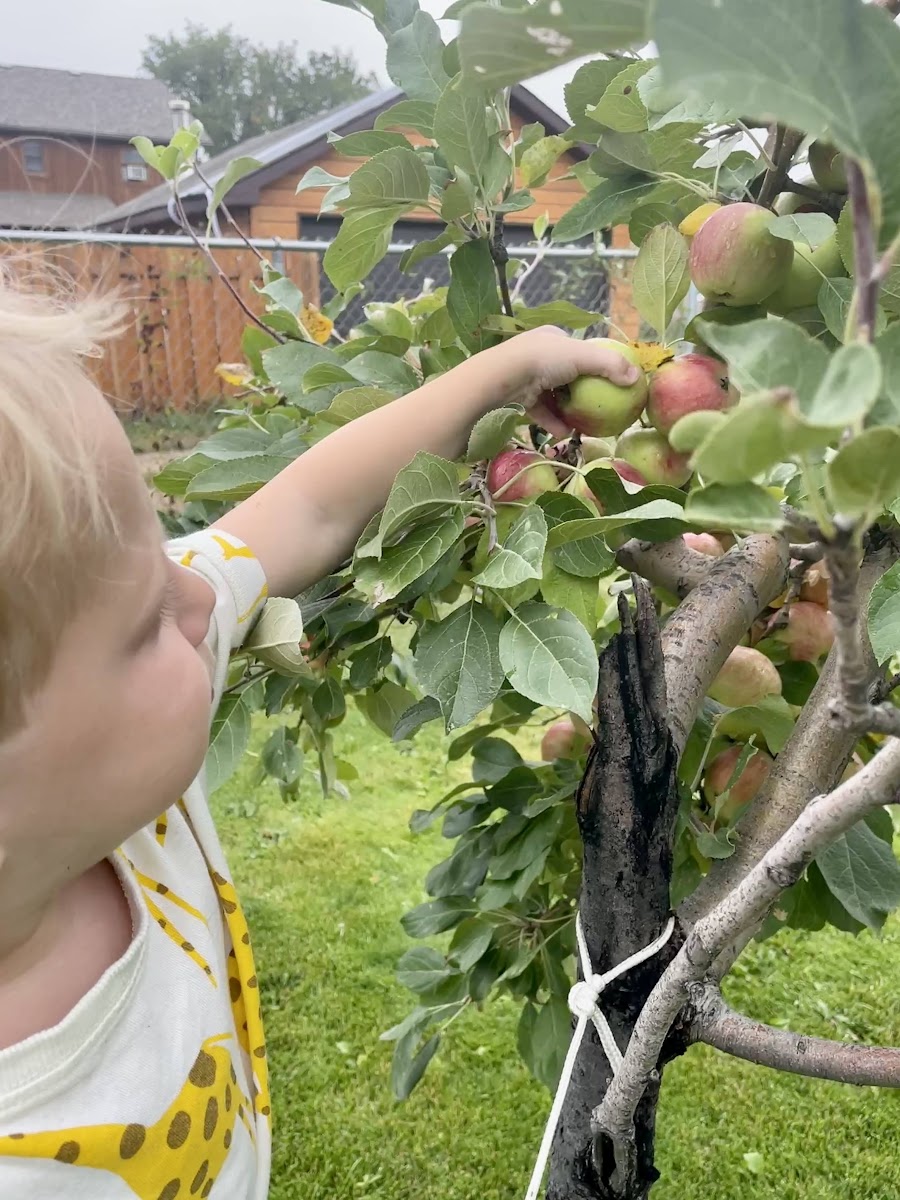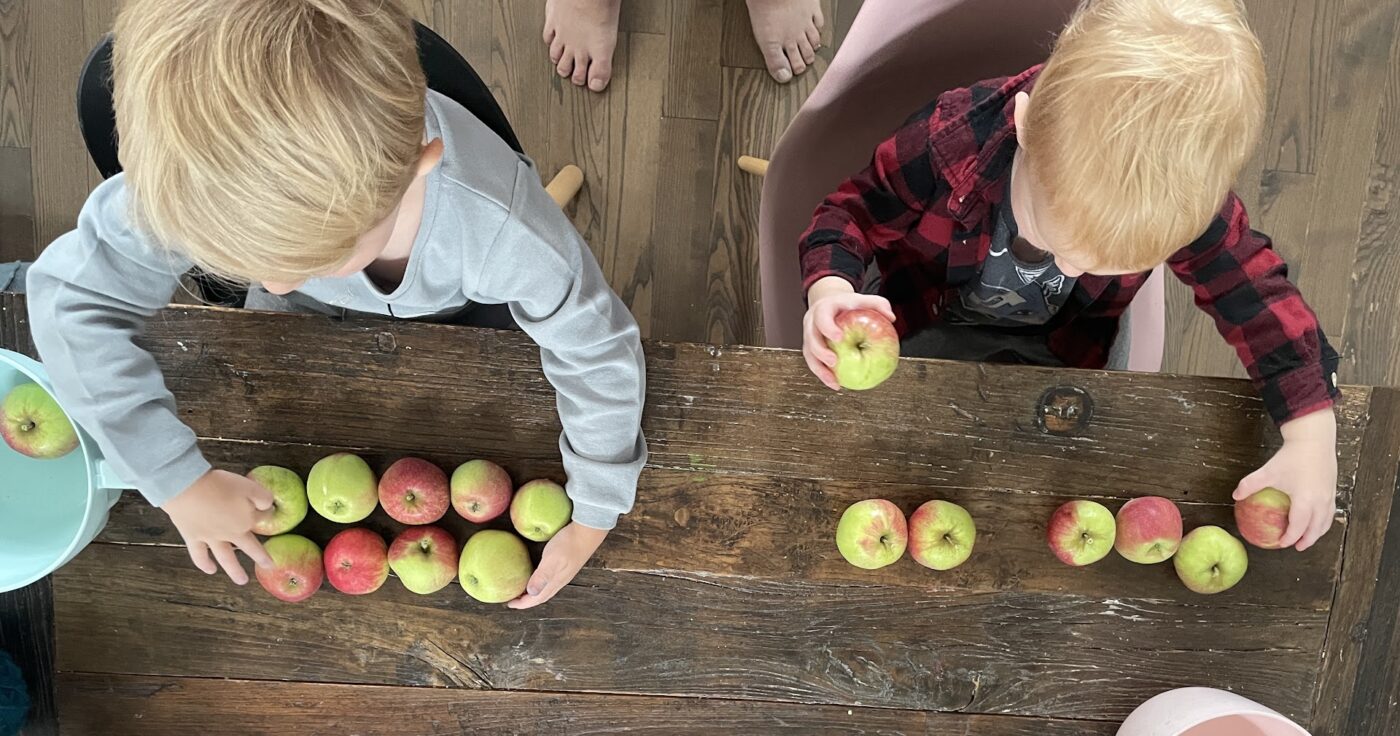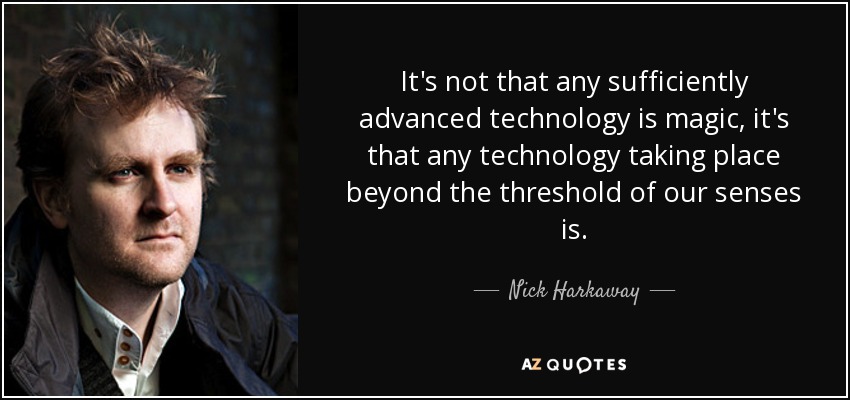My post asking Who Would Want to Be a Leader has received a great many responses both on my blog but also in conversations with leaders. It’s not hyperbole to say we are in a leadership crisis. The conversations on my podcast almost always explore succession challenges and the continued struggle to find good school leaders, particularly at the principal level.
I know many districts have and continue to have programs and initiatives designed to develop leaders internally. I also know many who are struggling to make these effective and produce the desired results of more great leaders. What I do know is that unless school districts are actively working to develop great leaders we are going to be facing a further acceleration of burnout and teacher shortages beyond what we’re currently witnessing. While there are multiple reasons and factors creating dissatisfaction, one that is referenced either directly or indirectly is the degree to which they feel supported and valued. More specifically, this is about leadership. Leaders who actively support, encourage, and work to reduce workload and stress are going to have a huge impact on teacher burnout and teacher retention.
My oldest daughter has a teaching degree and spent a few years as a classroom teacher. She had 2 early short-term contracts at high schools. The first one had a principal who was “okay” but when she was struggling with a few students, didn’t get the support she was hoping for. The second experience was with a principal who checked in on her daily and let her know regularly that she was doing a great job. After those contracts ended she began looking for another position. She was far less concerned about the role but very concerned about which school it was at and who the principal was.
When I look back at my 14 years as a classroom teacher I didn’t have a bad principal. I had mostly good principals. I didn’t really need much in the way of support. They were for the most part good administrators. I don’t think I needed a great principal, just a good one. Today, I don’t think that’s the case anymore. I think the vast majority of school leaders are good. I think most teachers are good. I don’t know how many are great. The job has become more demanding and the need to have colleagues that have your back, can keep you encouraged, and provide you with the things you need to be successful is critical and perhaps the linchpin to recruitment and retention. Don’t get me wrong, we do have many great leaders it’s just that we need more and that good leaders just aren’t good enough anymore.
There’s no magic solution to addressing this challenge. There are those who are naturally gifted leaders and inherently do the things that make leaders great. But I’d argue that most of us have to learn what it means. As I mentioned in the aforementioned blog post, teachers play a role here as well. They need to be able to step up on occasion to support and encourage their leaders. The one piece of advice I would give that is certainly easier said than done, is that leaders need to act like their having fun. While the job is certainly not always fun, the view from the outside often suggests that it’s not only not fun but it’s drudgery. The message that is sent to teachers and students is “I don’t want their job”. For many, it may be drudgery but I also think that for many spend too much time talking about and focusing on the difficulty of the job and not nearly enough time on the good stuff. As my friend Joe says, “Start and end your day with joy” We have to begin with those already serving in leadership and help them be conscious that others are watching and wondering if they should pursue leadership. In the same way teachers model to their students that while their job is hard they love it. Again, I know not everyone feels this way and those are the ones struggling. But we do have principals and teachers who are choosing to stay in the profession because they think it’s worth it and they find joy and satisfaction in their work. Many of those aren’t actively modeling that disposition to others and my argument is they need to in order to encourage young people to consider education as a profession. Many will talk about managers vs leaders. That’s part of it for sure but I think it’s more than that. There are those who are leaders more than they are managers but they aren’t excellent leaders.
How are you working to find and create great leaders?




